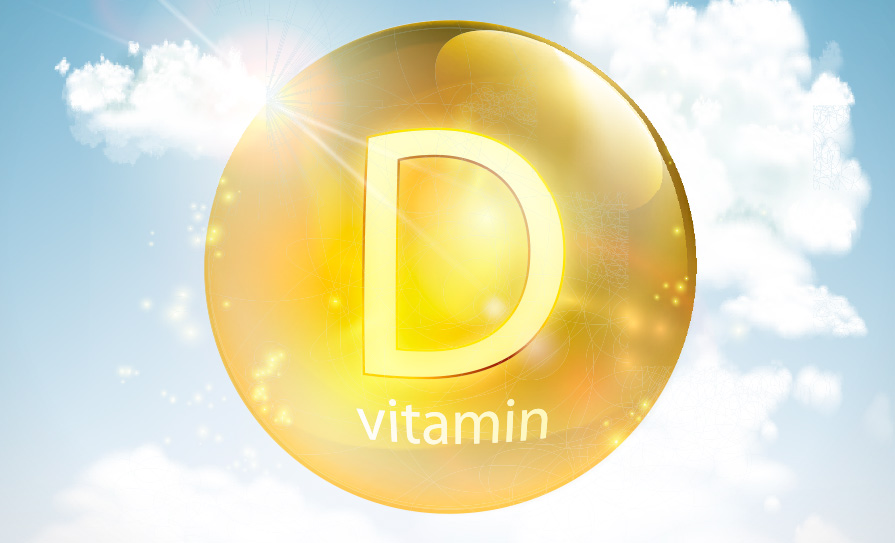
Vitamin D supplementation is vital in Ireland given our inadequate levels of this essential mineral, which plays a key role in muscle strength and bone health, delegates attending the Irish Osteoporosis Society 2023 Annual Medical Conference were told.
Speaking during the conference, Prof Bernard Walsh, Director of the Bone Health and Osteoporosis Unit at the Mercer’s Institute, St James’s Hospital, Dublin, and Trinity College Dublin, addressed the issue of vitamin D supplementation in a comprehensive presentation, explaining how optimum levels of vitamin D play a key role in reducing bone fractures.
He cited a number of studies on the role of vitamin D deficiency in muscle weakness and increased falls risk and how supplementation can address this issue.
In one randomised controlled trial, elderly women given 800IU vitamin D daily with calcium had a 47 per cent reduction in falls and fractures compared with controls receiving calcium alone over 12 months (Pfeiffer M, et al, 2000). In another trial with three-month follow up, the incidence of falls was almost halved and musculoskeletal function improved among elderly people who took 800IU vitamin D daily with calcium compared with calcium alone (Bischoff HA, 2003), Prof Walsh reported.
He quoted TILDA research and his own team’s geomapping research which showed high levels of vitamin D deficiency in the Irish population, which he said highlights the need for a national public health strategy to mandate for fortification to address this widespread deficiency.
So what is the correct amount of vitamin D for optimum bone health? Two randomised controlled trials (RCTs) have found 400IU/day of vitamin D to be ineffective in reducing the frequency of fractures, while in contrast, four RCTs have shown that 800IU/day of vitamin D significantly reduces the incidence of falls and fractures, Prof Walsh noted.
Continuing, he said in a 2005 meta-analysis of 12 primary prevention RCTs, there was a greater reduction in the incidence of hip fracture and non-vertebral fractures with higher achieved 25(OH)D levels. For trials using 700–800IU per day, with or without calcium, there was a 26 per cent reduction in hip fracture and a 23 per cent reduction in any non-vertebral fracture. The conclusion of the authors of this meta-analysis was that optimal fracture prevention appeared to occur in trials with achieved mean 25(OH)D levels of approximately 75-100nmol/L (30-40ng/mL).
Summarising his key points, Prof Walsh said vitamin D deficiency is common in Irish community-dwelling patients. The evidence points towards a level above 75nmol/L being beneficial (possibly above 100-120nmol/L), and there is strong evidence that higher levels of 25(OH) D will reduce the incidence of falls if 25(OH)D level >65nmol/L.
There may also be many non-bone beneficial effects of vitamin D supplementation (reduction in diabetes and cardiovascular risks and improved cancer outcomes), Prof Walsh added.





Nearly 40% of our Geo-mapping study population around the Dublin area were either Vitamin D deficient (<30 nmol/L) or insufficient (31-50 nmol/L) – (25% Summer and 50% Winter 50nmol/l
The normal laboratory range for Vitamin D is 50 to 125 mol/l.
One should aim for around 75 mol/l
There is no current benefit identified for going above a level 125nmol/l
J B Walsh
All Children require an oral intake of Vitamin D 400 Units (10mcg) a day and Adults 600 units (15mcg) to 800 (20mcg) units a day to ensure a Vitamin D > 50nmol/l.